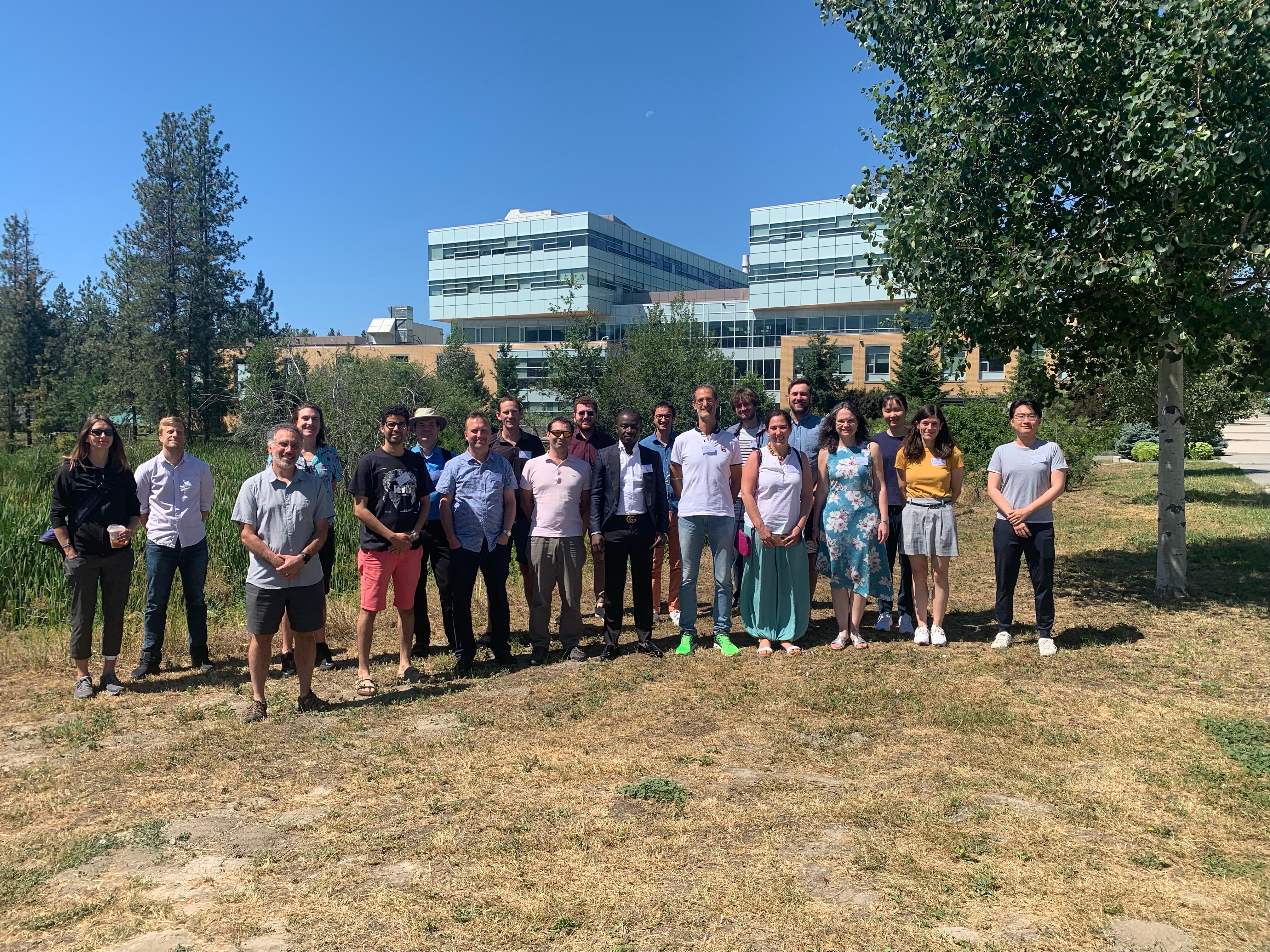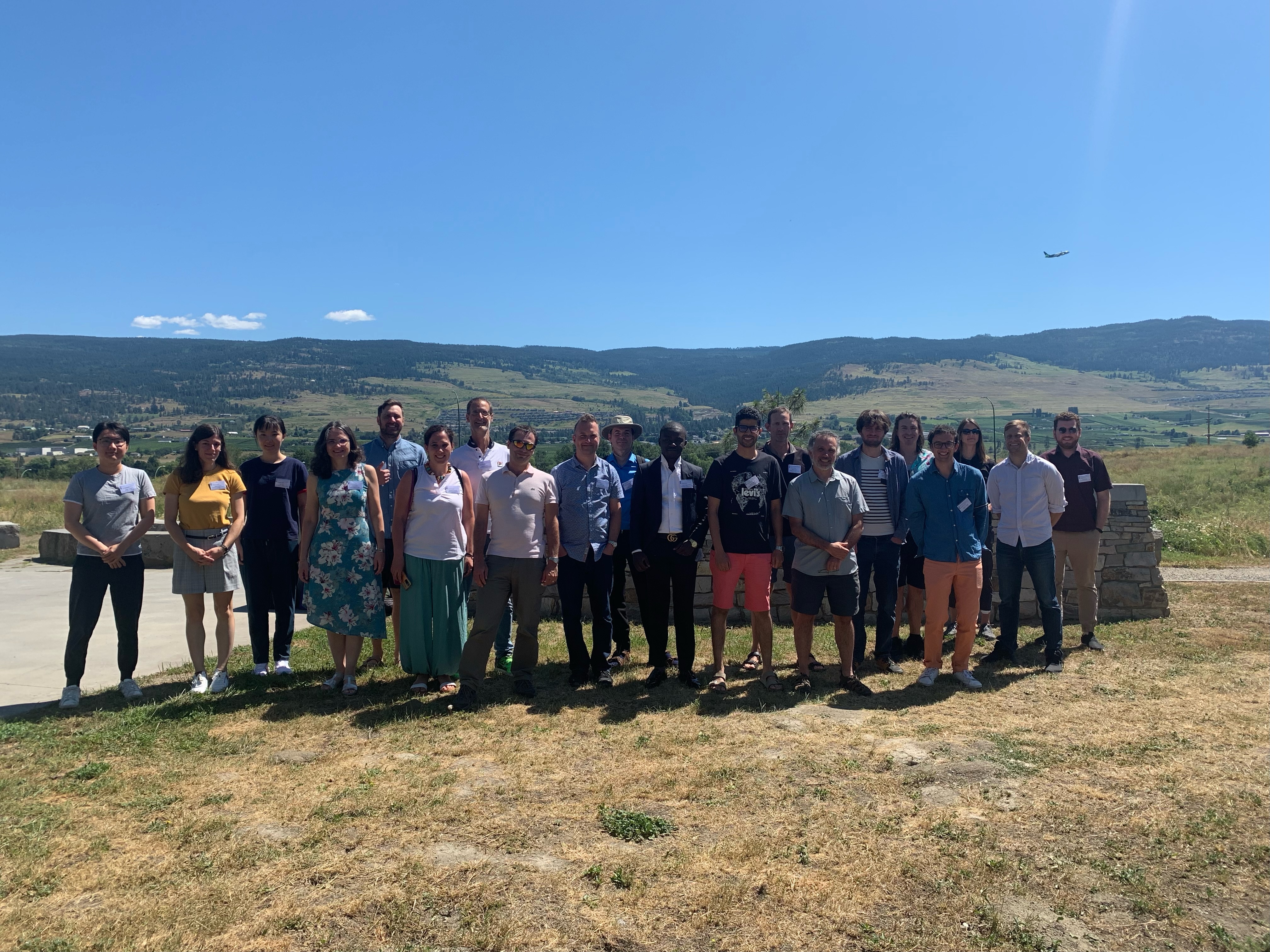Derivative-Free Optimization: Linking Algorithms and Applications (22w5199)
Organizers
Warren Hare (University of British Columbia)
Charles Audet (Poly. Montreal)
Ana Custódio (Universidade Nova de Lisboa)
Matt Menickelly (Argonne National Laboratory)
Description
The Banff International Research Station will host the "Derivative-Free Optimization: Linking Algorithms and Applications" Online workshop at the UBC Okanagan campus in Kelowna, B.C., from July 17 to July 22, 2022.


Optimization, the study of minimizing or maximizing a function subject to satisfying constraints, arises in virtually every area of science and engineering. Modern applications of optimization take many forms, each with their own unique challenges. One important form is optimization problems where the objective and/or constraint functions are provided via a "blackbox". Evaluation of the blackbox function yields a function value for the specified input at a given point, but no other information (such as derivative information). This occurs, for example, whenever the objective function relies on an executable-only computer simulation. With the rapid increase of computational science and engineering problems, and associated computer simulations, problems of this form have become ubiquitous in modern applications.
Derivative-free optimization (DFO) is the design and study of optimization algorithms that use only function values without derivatives. Such algorithms provide the perfect tool for optimization of applications based in computer simulation. DFO has made significant advances over the past decade and represents one of the most rapidly expanding fields of nonlinear optimization research. Novel algorithms have expanded the reach of DFO applications. In this workshop, we forge new connections between research focused in DFO algorithm design and novel applications of DFO.
The Banff International Research Station for Mathematical Innovation and Discovery (BIRS) is a collaborative Canada-US-Mexico venture that provides an environment for creative interaction as well as the exchange of ideas, knowledge, and methods within the Mathematical Sciences, with related disciplines and with industry. BIRS is supported by Canada's Natural Science and Engineering Research Council (NSERC), the U.S. National Science Foundation (NSF), Alberta's Advanced Education and Technology, and Mexico's Consejo Nacional de Ciencia y Tecnología (CONACYT).





